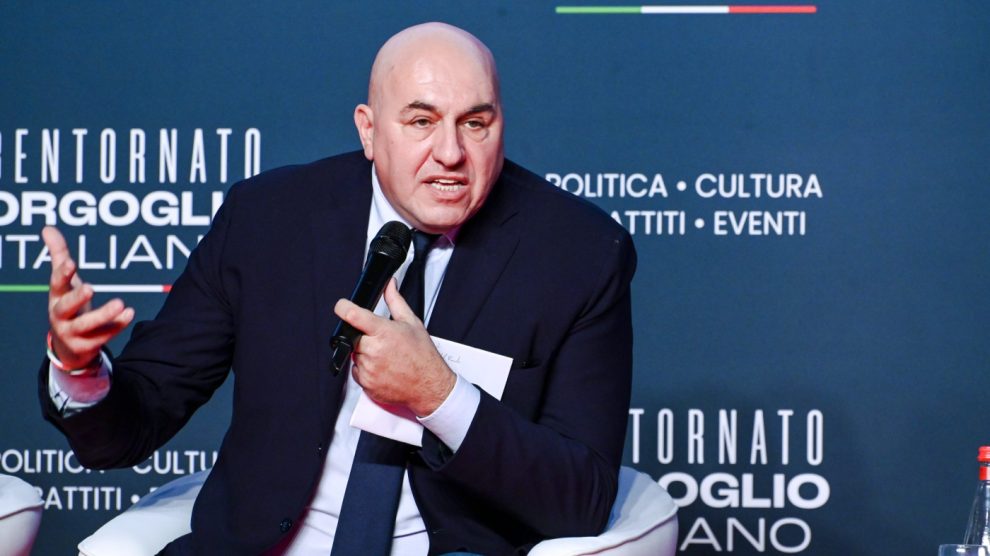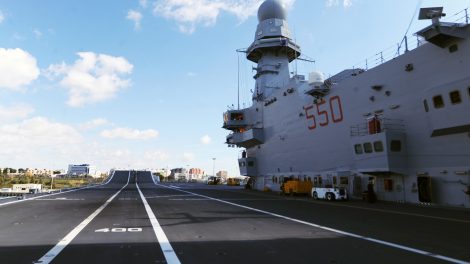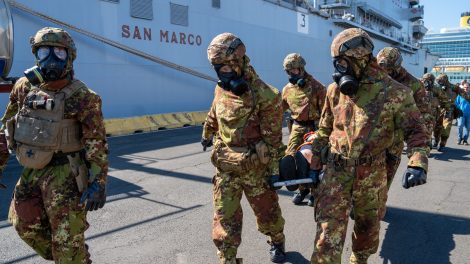Let’s stand by Kyiv – and make sure it’s armed, too. Italy will “always play its part in defence of freedom” and “continue to defend democracy as often as necessary.” That’s what Italian Defence Minister Guido Crosetto to Il Foglio, just a few days after the Italian government committed to extending arms support through to 2025
- Or, as he put it, Italy “will continue sending the weapons Ukraine needs to defend itself in 2024, too.”
- He highlighted the discrepancy between Russia turning into a war economy, ensuring rapid resupply of its forces, and Western nations not boosting their defence industry to do the same, which throttles the amount of equipment they can deliver to Kyiv.
We’re in this for (just) peace. At this stage, he continued, the international community must understand whether it’s possible to “obtain through politics” what has not been “entirely possible to achieve” through weapons. Taking stock of the situation in Ukraine, “it’s clearly necessary to switch from a phase of military conflict to a phase of political negotiation.”
- The latter, he added, must be built carefully: without legitimising Russia’s actions, but striving to return to a pre-invasion state.
That’s where the UN comes in. The involvement of multilateral institutions is “the only way” to achieve this, stressed Minister Crosetto, as the process of accepting a rule-based order must “involve the entire world, not just Europe.” He acknowledged the United Nations in its current form has been ineffective but added he believes it’s still the right entity – perhaps through an interposition force between Ukraine and Russia, as a way of taking on “responsibility.”
Look to the Middle East, too. This also applies to the UN’s role in the conflict between Israel and Hamas. The entity must “work to remove Hamas” and “work with Arab nations” to find an alternative representation for Palestinians, given the National Authority’s less-than-ideal standing. And while walking this path, the UN must also “build an alliance with NATO” – something that Rome would be willing to aid with, as Minister Crosetto told Secretary-General Antonio Guterres.




